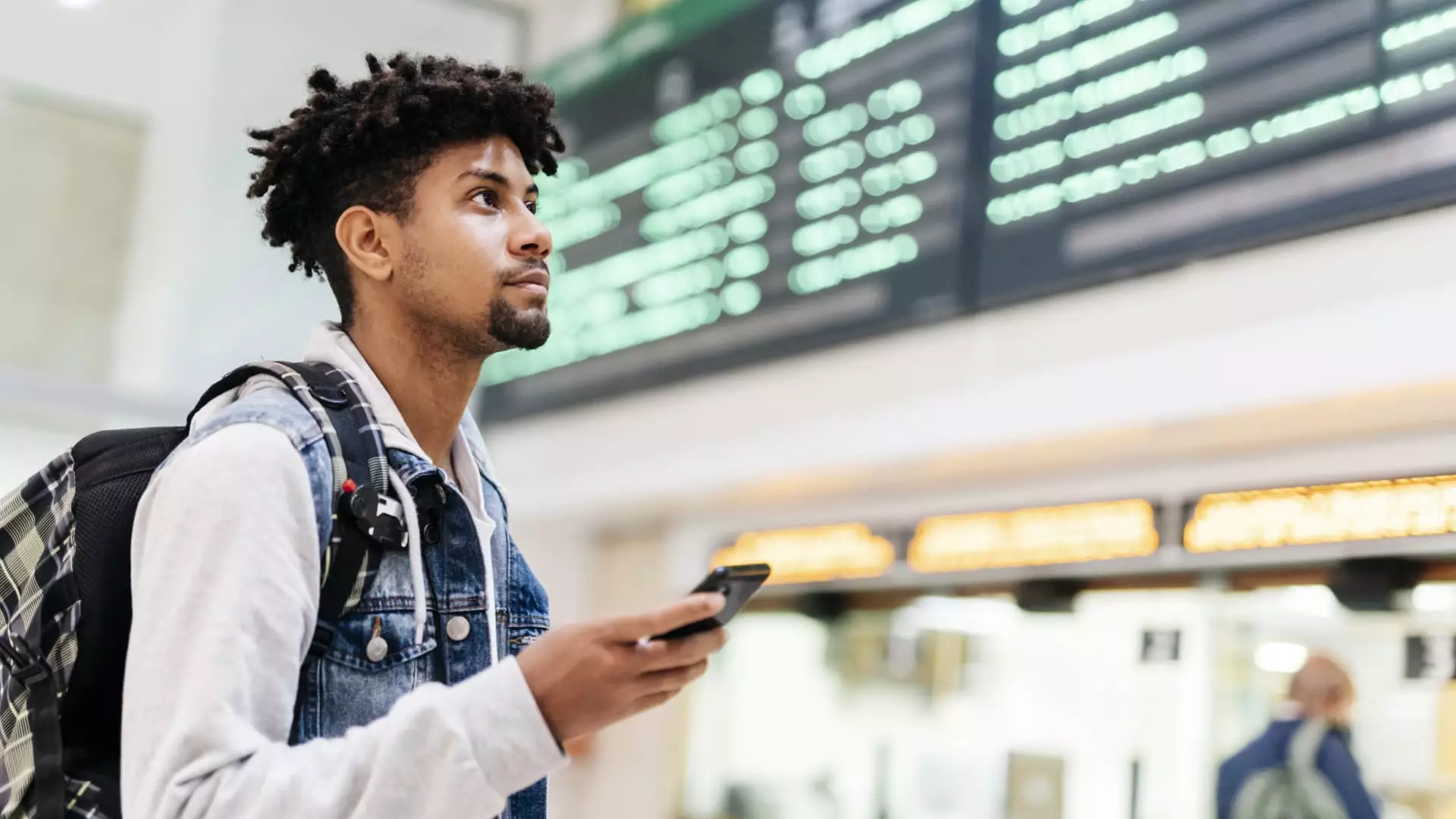As Americans gear up for their summer travel plans, they are faced with a range of airfare prices depending on the region and destination they are traveling to. While overall airfare prices in the U.S. have seen a decline, certain regions and international destinations have experienced an increase in airfare costs. According to data from travel site Hopper, average round-trip flights to popular destinations like Tokyo, Japan have gone up by 2% from the previous year. Similarly, flights to Canada, South America, and the Middle East and Africa regions have seen price increases of 6%, 2%, and 1% respectively.
The variations in airfare prices are not uniform across regions, with certain destinations experiencing significant spikes in prices. For instance, flights to Sakata in Japan have seen a 65% increase, while flights to Ipoh in Malaysia and Udon Thani in Thailand have gone up by 42% and 35% respectively. These price hikes can impact American tourists who frequently travel to Asian countries, making it more expensive to visit these popular destinations. Similarly, airfares to major hubs in South America have also seen an increase, with cities like Rio de Janeiro, Lima, and Santiago experiencing price hikes of 16%, 34%, and 13% respectively.
European Airfare Trends
On the other hand, average airfares to Europe, which is a popular destination for American travelers, have seen an 8% decrease from the previous year’s record highs. However, certain areas in Europe like Friedrichshafen and Memmingen in Germany, as well as Bratislava in Slovakia, have seen significant increases in airfare prices by 265%, 109%, and 99% respectively. These disparities in airfare prices can make it more challenging for travelers to plan their trips within Europe without breaking the bank.
The fluctuations in airfare prices can be attributed to a variety of factors, including consumer demand, reopening of borders, and jet fuel prices. Last year, in particular, was marked by an increase in airfare prices as consumers rushed to travel internationally after Covid-19 restrictions were lifted. Additionally, airlines faced challenges in reestablishing their flight schedules, leading to higher prices. While some of these dynamics have normalized, certain areas continue to see elevated airfare prices due to unique supply-and-demand factors.
Despite the overall decline in airfare prices, Americans may still feel the pinch due to additional fees imposed by airlines. Major carriers have increased fees for checked bags, which can significantly add up to the cost of a trip, especially for families. However, there are ways to save on airfare, such as flying with budget airlines, combining bags, or avoiding checked baggage altogether. Booking flights well in advance and being flexible with travel dates can also help in securing lower airfare costs. Additionally, utilizing rewards programs and perks offered by credit cards can further reduce the expense of air travel.
While Americans may have experienced a mixed bag of airfare prices for summer travel, there are strategies available to navigate these fluctuations and make travel more affordable. By staying informed about regional price trends, planning ahead, and taking advantage of cost-saving measures, travelers can make the most of their summer adventures without breaking the bank.

